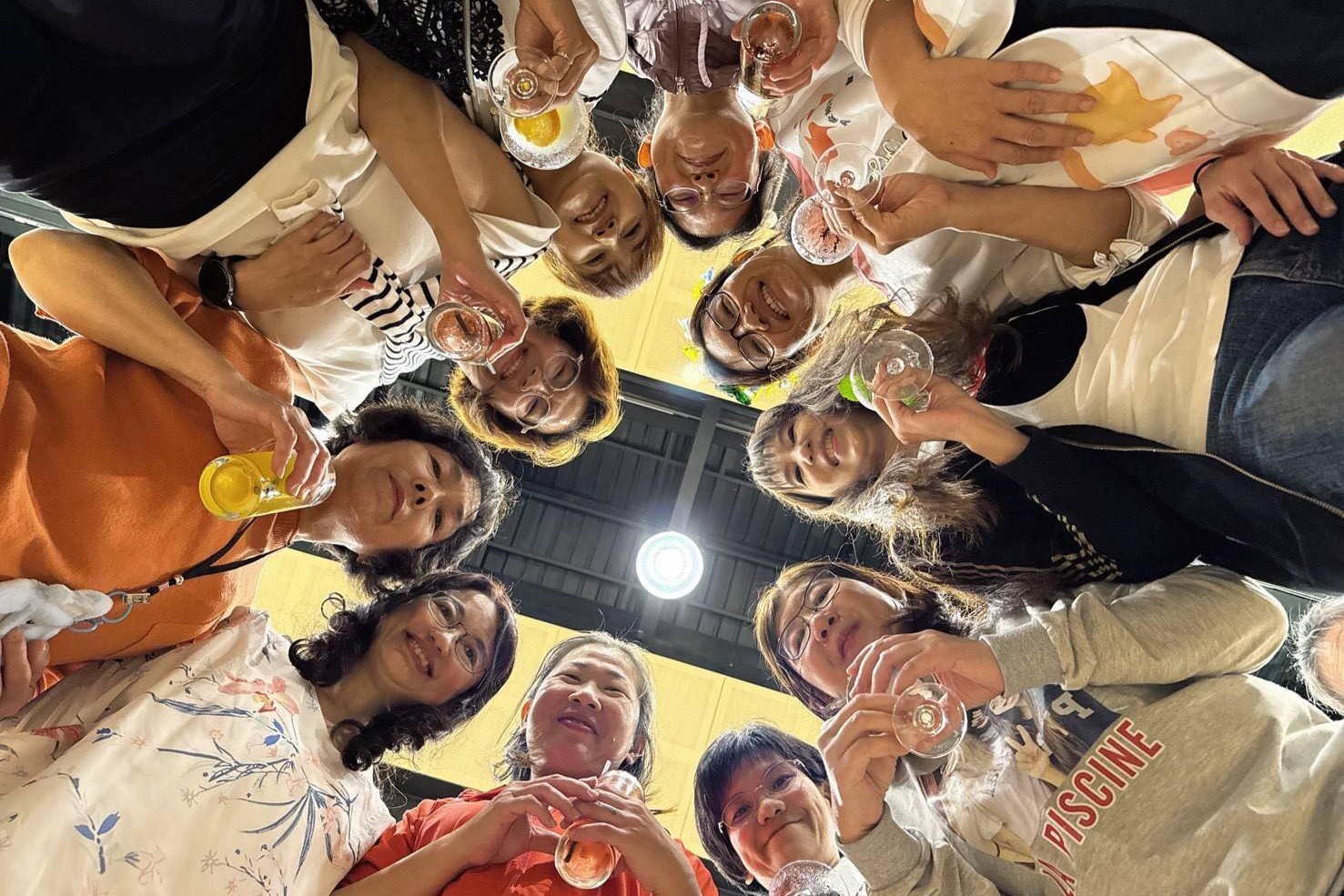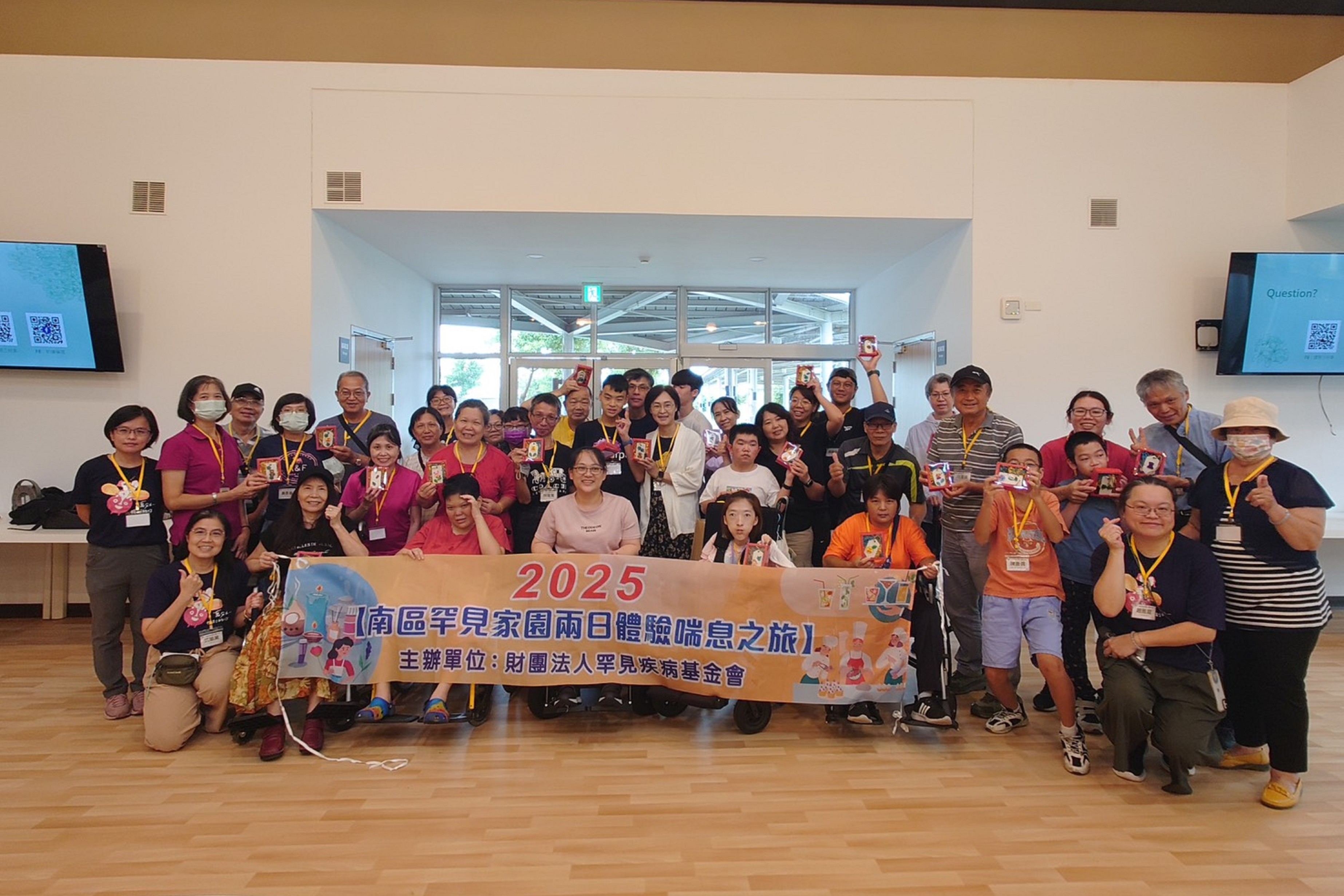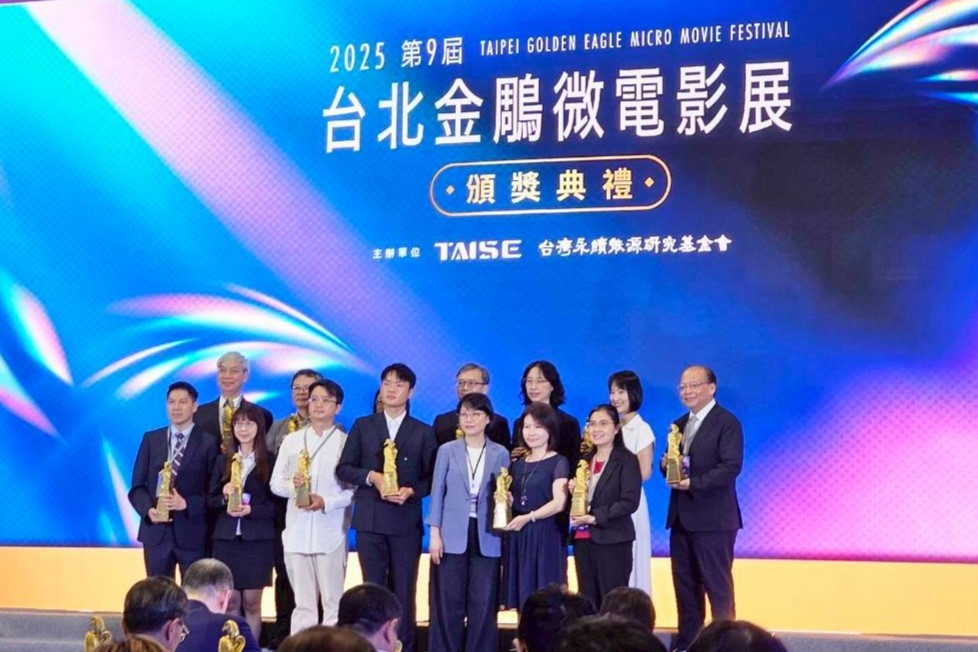News
New Hope for MPS II, ETR Launches in Taiwan
New Hope for MPS II, Enzyme Replacement Therapy Launches in Taiwan
Mucopolysaccharidosis II (MPS II) is a mucopolysaccharide storage disorder also relatively known as Hunter Syndrome, a rare and life-threatening genetic disorder, affecting at least 1 in 162,000 people in the world. All individuals with Hunter Syndrome have deficiency of the lysosomal enzyme iduronate sulfatase, which results in accumulation of mucopolysacchairdes. With progressive storage of mucopolysacchairdes, the affected individuals may have clinical problems, such as slowing development of intelligence, chronic ear infection, joint stiffness, respiratory system and central nervous system damage.
It was considered to be no cure for individuals affected by Hunter Syndrome. However, an enzyme replacement therapy could be new hope for affected individuals. In 2006, U.S. Food and Drug Administration granted marketing approval for Elaprase (idursulfase), which is a recombinant enzyme replacement therapy. After 53-weeks, randomized, double-blind, placebo-controlled trial, Elaprase (idursulfase) demonstrates medical benefits on people suffering Hunter Syndrome. Since Elaprase (idursulfase) is designed to replace the insufficient enzyme, it is unable to reconstruct pre-existing illness and damaged functions in Hunter Syndrome patients' bodies.
Elaprase(idursulfase) is not applicable to all Hunter Syndrome patients. Some patients may have learning disabilities and mild physical problems, while others don't. Patients who have intelligence damages and under 5 years old are excluded from the treatment. It is because the molecules of enzyme are too large to get through the blood-brain barrier which may prevent enzyme therapy from directly helping the brain.
In Taiwan, it is estimated there are 300 patients suffering from Mucopolysaccharidosis, including 49 patients with MPS II. Treatment for MPS I and MPS VI have launched in Taiwan last year, 12 patients have received the therapy. From now on, the privileges are not only for MPS I and MPS VI but also for Hunter Syndrome patients. Expected for many years, enzyme replacement treatment for Hunter Syndrome finally launches in March, 2007. The new enzyme replacement treatment is under the reimbursement of National Health Insurance, which is prior to Asian countries. The individuals without intelligence damages and above 5 years old get chance to be included in the treatment. There are 5 lucky patients to receive the therapy, intravenous infusion weekly. To each patient, the National Health Insurance predicts to input 330 thousand U.S. dollars to the new therapy every year. The amount of reimbursement to this treatment totally granted to 1.65 million U.S. dollars in 2007.
A 13-year-old junior high school student, Yang Luo, who is affected by Hunter Syndrome starts to receive infusion of Elaprase (idursulfase) every week. Except for Japan, this lucky patient is the first one to receive the new MPS II treatment in Asia. Because the new treatment is effective to reduce intelligence, organ and bone damage, Yang Luo is expecting the future life and desirous to go to university.
To individuals suffering from Hunter Syndrome, it's inspiring to hear the enzyme replacement launched and under government reimbursement in Taiwan. In addition to new treatment, the society with open mind and friendly circumstances is also expected for MPS II patients.
The successful ERT treatment demonstration also encourages patients in Hong Kong, who still haven't got the chance to try the new treatment. Patients in Hong Kong have no national insurance reimbursement for the ERT treatment and it is almost impossible for them to afford the medicine. August 2006, TFRD and MPS patients from Taiwan met MPS members of Hong Kong Mucopolysaccharidoses (MPS) and Rare Genetic Diseases Mutual Aid Group. It was a great opportunity for MPS patients from Taiwan and Hong Kong to meet each other. Yung-Shiang, Yang, deputy executive director of TFRD, attend the meeting and to share our experience in advocating and social legislation.
So far, Hong Kong MPS patients' situation remains the same. However, there will always be hope that someday patients in H.K. can receive treatment.
Besides, as the director of Taiwan MPS Association, Ms. Tsai, Chung-Wei indicates, as the ERT treatment brings hope to MPS II patients, we should also consider how to make MPS patients' life better, instead of simply prolonging their lives. Issue such as how to make MPS patients’ quality of life better as their live longer and how to settle their lives when their parents pass away have to be taken into serious consideration.









